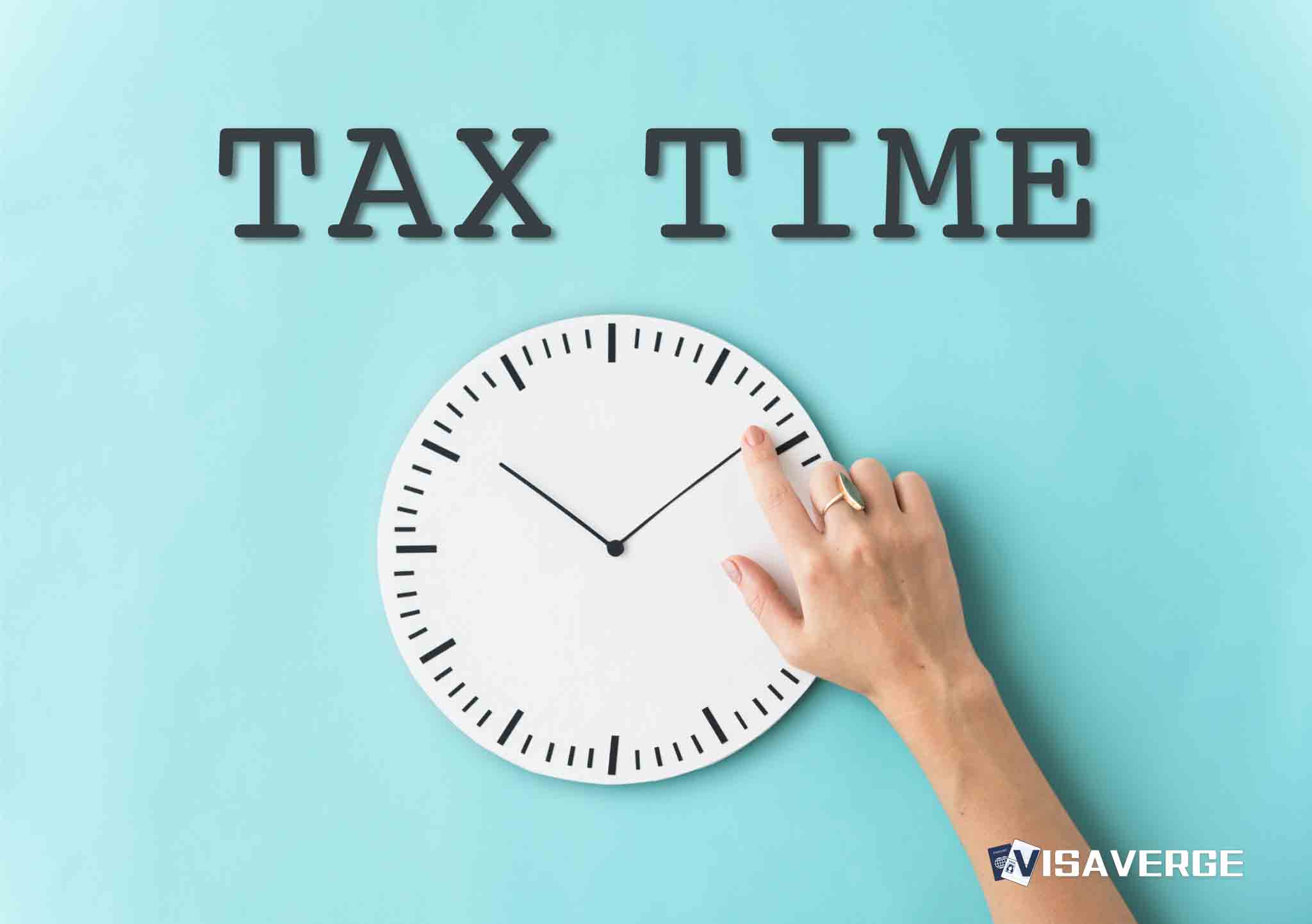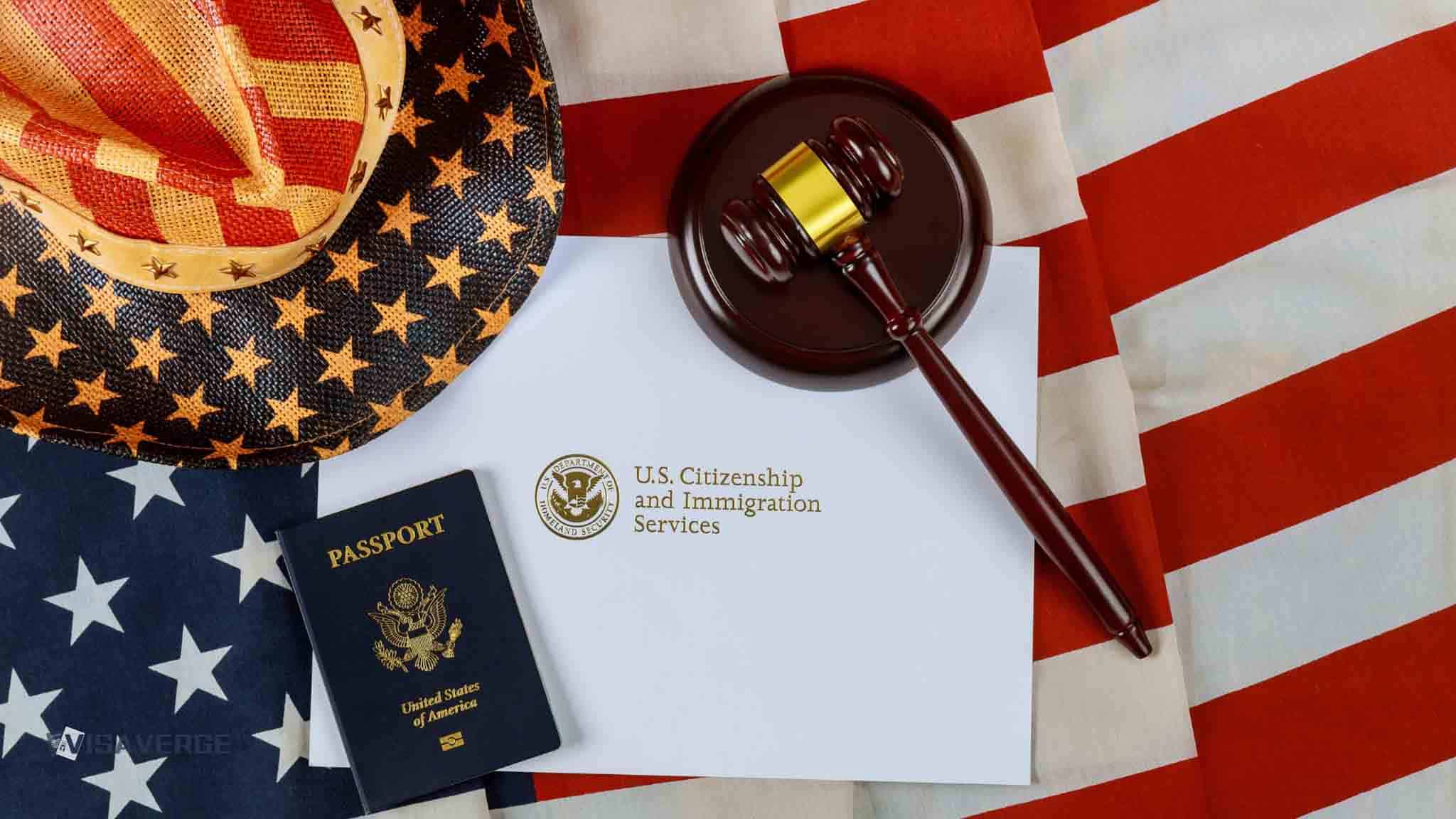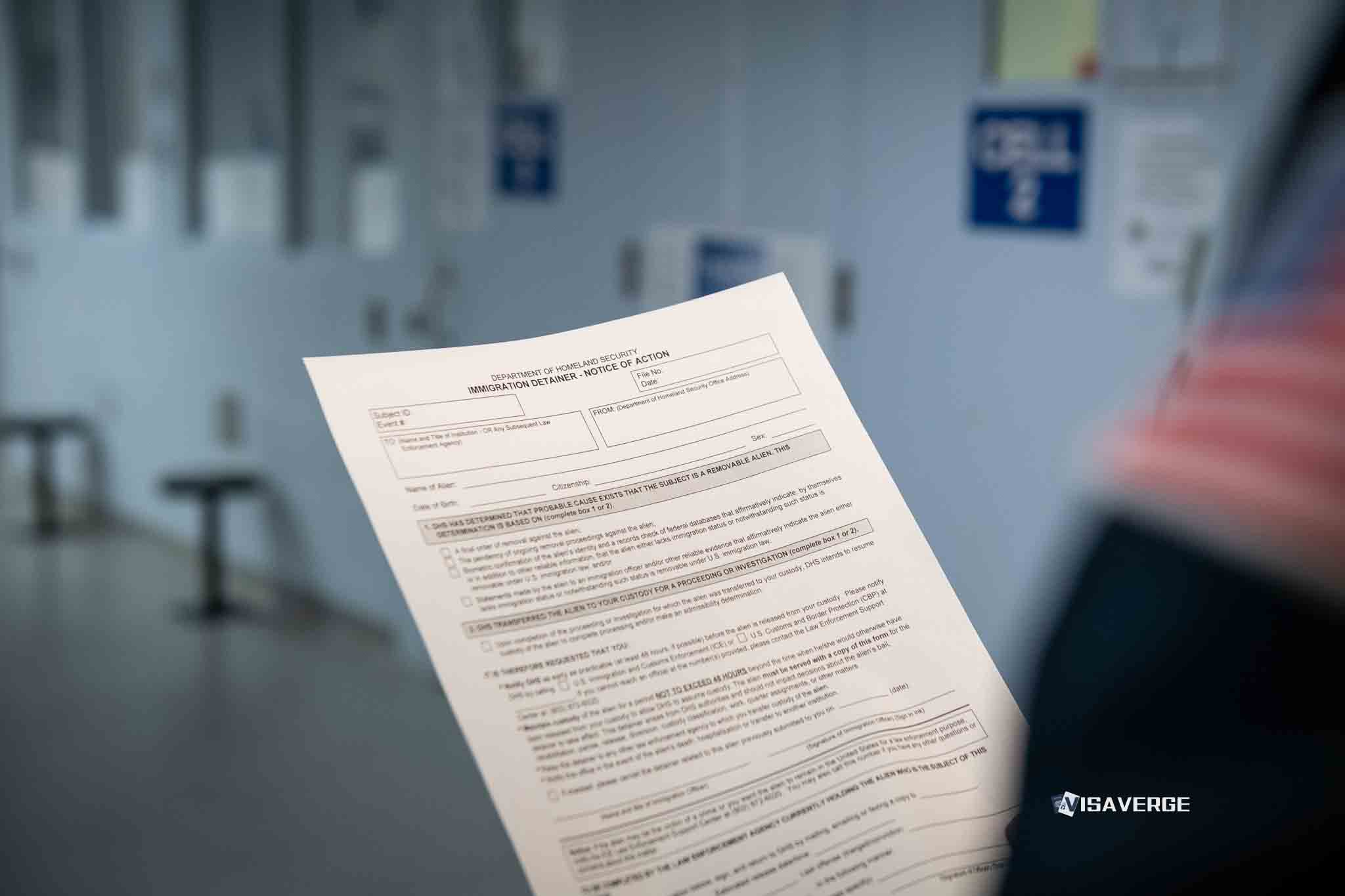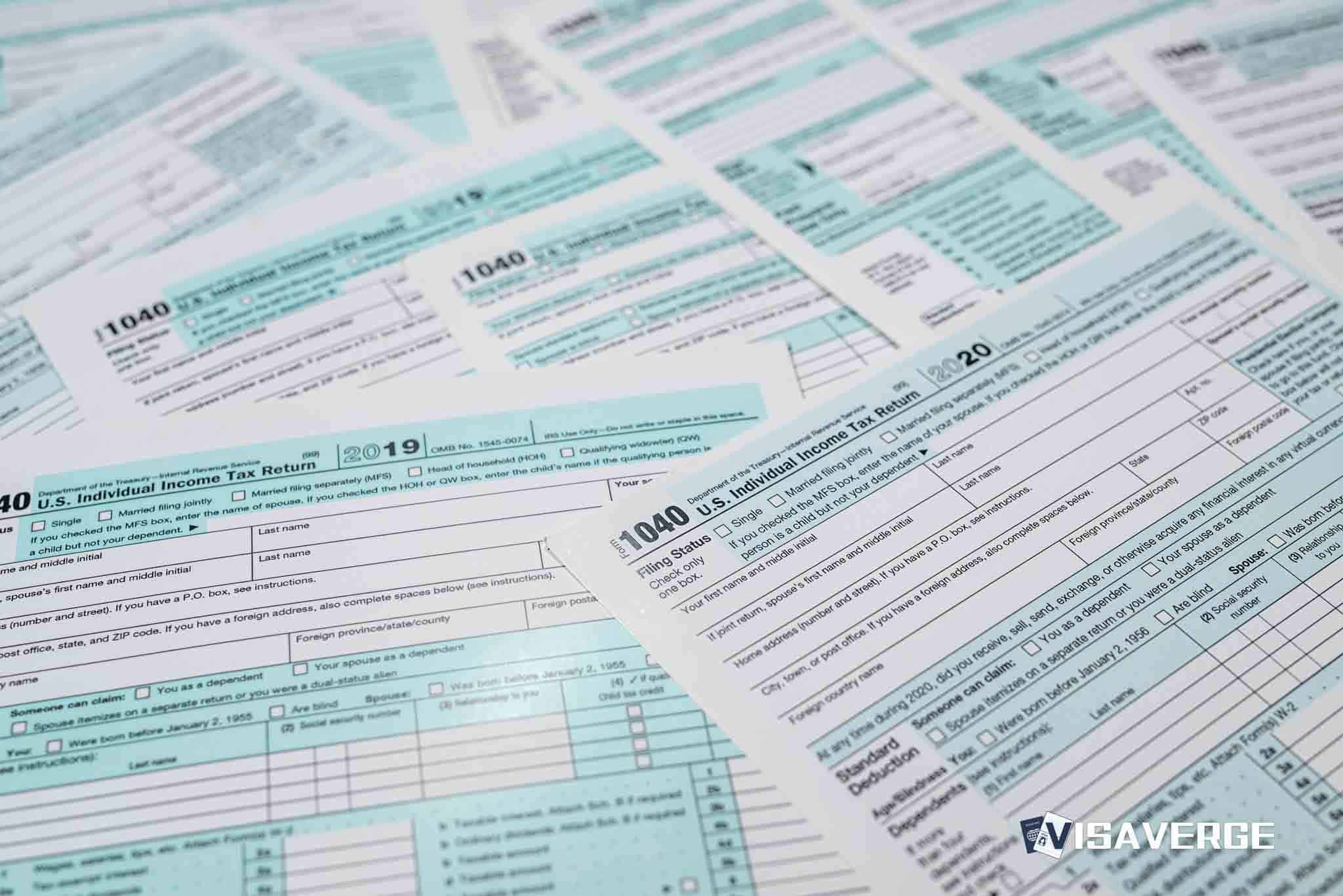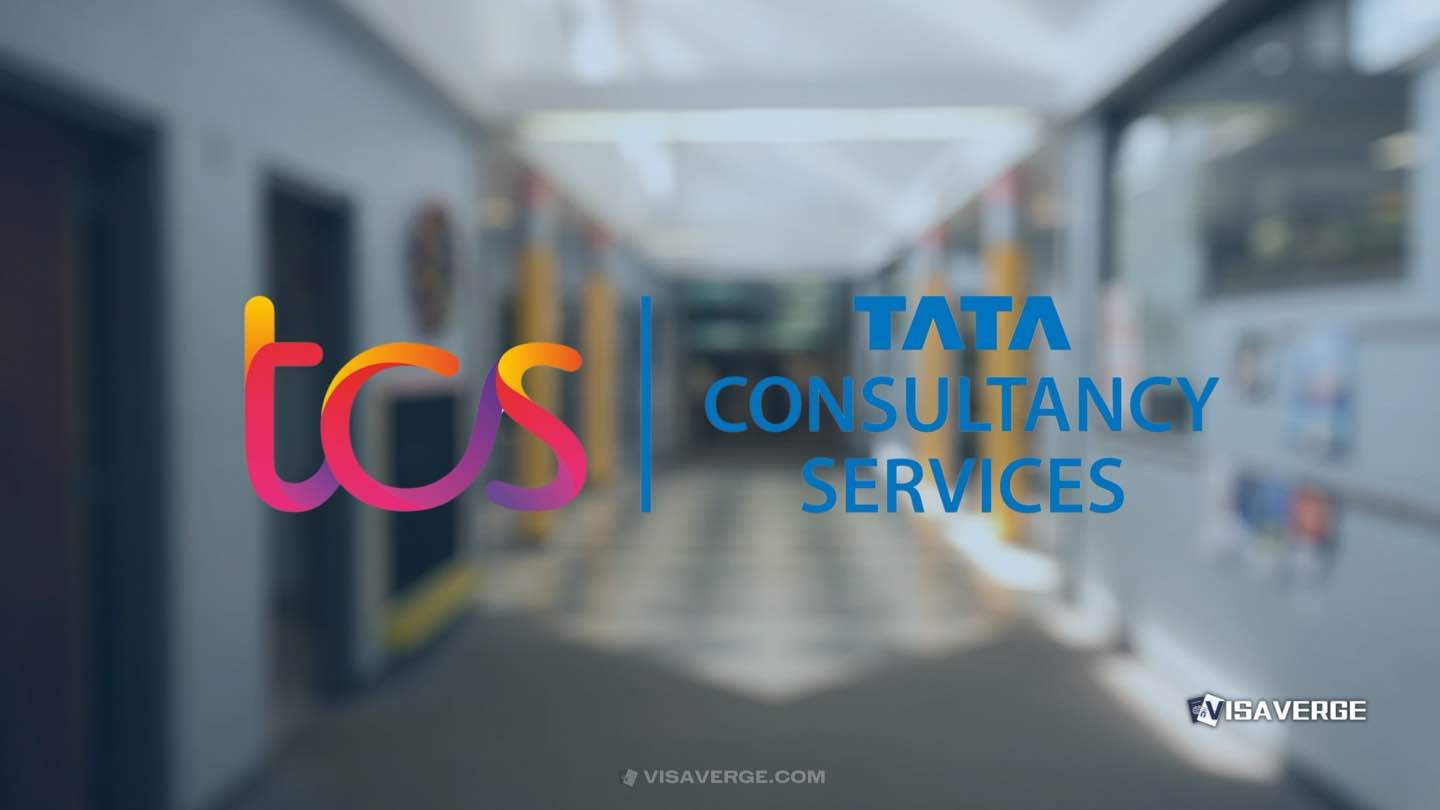Key Takeaways:
Summary:
- H1B visa holders are considered resident aliens for tax purposes and must report all income to the IRS.
- Blog and YouTube income need to be tracked, reported on Schedule C or Schedule C-EZ forms, and subject to self-employment tax.
- Quarterly tax payments, documentation of expenses, and compliance with H1B visa terms are crucial for legal and transparent income reporting.
Navigating Income Reporting as an H1B Visa Holder: The Case of Blog and YouTube Channel Revenues
Are you an H1B visa holder who has ventured into the realm of digital content creation? Many H1B visa holders like you have a presence on platforms such as blogs and YouTube channels. But as tax season approaches, you might wonder how to report the income you’ve earned from these endeavors. This guide is here to help you understand the nuances of H1B visa income reporting, specifically for blogging and YouTube revenue for visa holders.
Understanding Your Tax Obligations
Firstly, it’s crucial to recognize that as an H1B visa holder, you’re generally considered a resident alien for tax purposes. This designation means that you are subject to the same tax rules as U.S. citizens, which includes reporting all income to the Internal Revenue Service (IRS), no matter where in the world it was earned.
Reporting Blog and YouTube Income
When it comes to blogging and YouTube, any income generated—whether through ads, sponsorships, or product sales—needs to be reported. Here’s how you can do this properly:
1. Document Your Income
Keep a detailed record of all the earnings from your blog and YouTube channel. Make sure you can differentiate between the sources of income, such as advertising revenue, memberships, super chats, or any other income streams.
2. Fill Out Appropriate Forms
Income from blogging and YouTube is considered self-employment income. This means you’ll need to fill out a Schedule C (Profit or Loss from Business) or Schedule C-EZ (Net Profit from Business) form when you file your taxes.
3. Pay Self-Employment Tax
Beyond the federal and state income taxes, remember that self-employment income is also subject to a self-employment tax, which covers Social Security and Medicare. This entails completing a Schedule SE (Self-Employment Tax).
4. Deduct Your Business Expenses
The IRS allows you to deduct expenses related to the business use of your home, equipment, and other necessities for producing your content. Be sure to maintain receipts and detailed records of all business-related expenses for this purpose.
Plan for Quarterly Taxes
One important aspect of earning self-employment income is that the IRS typically requires you to make estimated tax payments quarterly. This can help you avoid a large tax bill at the end of the year and potential penalties for underpayment. To calculate and pay your estimated taxes, you’ll need to use Form 1040-ES (Estimated Tax for Individuals).
Seeking Professional Help
Given the complexity of tax laws, you might consider seeking assistance from a tax professional. They can offer personalized advice and ensure that you comply with all IRS regulations. For official guidelines and forms, the IRS website is an indispensable resource.
Maintaining Legal Compliance
It’s essential to comply with the terms of your H1B visa when earning income from blogging and YouTube. Ensure that the activities you engage in align with the visa’s guidelines and do not constitute unauthorized employment.
In conclusion, it’s perfectly possible to manage H1B visa income reporting for your blog and YouTube revenues, as long as you’re thorough and informed. By understanding your tax obligations, documenting and reporting your income accurately, and planning for quarterly taxes, you’ll be well-prepared to navigate the complexities of reporting as an H1B visa holder.
“Don’t overlook any income, no matter how small it might seem, since all income should be reported to the IRS,” is a piece of advice that can go a long way in keeping your tax dealings transparent and trouble-free. With methodical tracking and reporting, you can focus on generating great content without worrying about the tax implications.
Still Got Questions? Read Below to Know More:
As an H1B Visa holder, if I blog as a hobby and occasionally make money from it, at what point does it become a business for tax purposes
As an H1B visa holder, the differentiation between a hobby and a business for tax purposes hinges on several factors. Primarily, the IRS considers your activity a business if it is carried out with the intention of making a profit. There are various aspects that the IRS looks at to ascertain if your blogging activity is indeed a business:
- How you conduct the activity: If you conduct your blogging in a business-like manner, such as keeping accurate books and records, this may indicate a business.
- Time and effort you put into the activity: If you devote significant personal time and effort with the intention to make a profit, it would likely be considered a business.
- Dependence on income from the activity: If the income you earn from blogging is something you rely on to a significant degree for your livelihood, this may lean towards classification as a business.
- Changes made to improve profitability: If you are continuously and actively trying to make your blog more profitable, this signals a business operation.
The IRS provides resources to help clarify these points, which you can review “Hobby or Business? IRS Offers Tips to Decide”.
If you occasionally earn income from your blog and don’t meet these criteria for conducting a business, your activity may be considered a hobby. The income should still be reported, but you’ll follow different rules for hobby income than for business income. The IRS website offers guidance on how to report income earned from a hobby “Not a Business? You Might Still Have to File a Tax Return”.
It’s important to remember that even as an H1B visa holder, you must comply with U.S. tax laws regarding any income earned, including money from hobbies. Consulting with a tax professional can provide personalized advice tailored to your specific circumstances, ensuring you meet your obligations and make the most informed decisions regarding your blogging activity and tax status.
If my spouse is not on an H1B visa and helps with my YouTube channel, how do we handle the income earned for tax reporting
If your spouse is not on an H1B visa and is assisting with your YouTube channel, the way you handle the income for tax reporting depends on your spouse’s immigration status and whether they have work authorization in the United States. Here are the key points to consider:
- Authorized to Work: If your spouse has work authorization (such as an Employment Authorization Document (EAD)), you can report the income as a joint endeavor. When filing your taxes, you can use forms like Schedule C (Profit or Loss from Business) to report the income and expenses from your YouTube channel. You would file jointly if you’re married, and both have valid Social Security Numbers (SSNs) or Individual Taxpayer Identification Numbers (ITINs).
-
Not Authorized to Work: If your spouse does not have work authorization, they legally cannot earn income. Thus, any income generated from the YouTube channel would technically be yours alone. You would report the income under your name and tax identification number.
For either situation, it’s essential to maintain clear records of all income and expenses related to the channel. And remember, always adhere to U.S. tax laws and immigration policies.
Regarding specific tax information, the Internal Revenue Service (IRS) offers various resources:
- For understanding how to report income from self-employment, including running a YouTube channel: Self-Employed Individuals Tax Center
-
For information on Schedule C, which may be necessary if you and your spouse are both authorized to work and are running the YouTube channel as a business: About Schedule C (Form 1040)
Should you face complexities based on your specific circumstances, consulting with a tax professional or attorney who understands both immigration and tax law is recommended to ensure compliance with all regulations.
Remember, failing to adhere to visa restrictions, including unauthorized work, can have serious immigration consequences. For authoritative guidance on immigration and visa issues, refer to the official U.S. Citizenship and Immigration Services (USCIS) website: USCIS.
What happens if I made money from my YouTube channel but didn’t pay quarterly taxes—what should I do now as an H1B visa holder
As an H1B visa holder, it’s important to maintain compliance with all U.S. tax laws, which include reporting income earned from various sources such as a YouTube channel. If you didn’t pay quarterly estimated taxes on your YouTube income, here’s what you should do:
- Calculate the total amount of income you received from your YouTube channel for the tax year.
- Determine if any deductions or expenses related to your YouTube activities can be applied.
- File your annual tax return by the due date (usually April 15) and pay any taxes owed along with possible penalties and interest for late payment.
The IRS requires individuals who expect to owe $1,000 or more in taxes (after withholding and refundable credits) to make quarterly estimated tax payments. Failing to do so may result in penalties and interest charges. However, as an H1B visa holder, if this was your first year receiving income from a business or self-employment in the U.S. or you had zero tax liability in the previous year, you might not face penalties for not making estimated payments.
In the future, to avoid penalties, you can make estimated tax payments using the IRS Form 1040-ES. It’s also a good practice to set aside money from each payment you receive from YouTube to cover your tax obligations.
For further guidance, refer to the IRS website on Estimated Taxes: IRS Estimated Taxes.
Additionally, it’s important to keep in mind that immigration status can have an impact on tax obligations. As an H1B visa holder, you are considered a resident alien for tax purposes if you pass the Substantial Presence Test and are taxed on your global income. The IRS provides relevant information which can be accessed on their page Understanding Taxation of Foreign Workers: IRS Taxation of Foreign Workers. If you’re unsure about how to proceed, consider consulting with a tax professional who can provide advice tailored to your situation.
If I received a free camera from a sponsor for my YouTube channel while on H1B, do I have to report it as income on my taxes
Yes, if you are on an H1B visa and received a free camera from a sponsor for your YouTube channel, you generally need to report it as income when you file your taxes. According to the Internal Revenue Service (IRS), the fair market value of products or services received in exchange for promoting a product or service must be included in your income. Here are the steps you need to follow:
- Determine the Fair Market Value: Find out the worth of the camera at the time you received it. This value is what you will need to report as income.
- Report the Income: Include this amount on your tax return. If you receive a Form 1099-MISC or Form 1099-NEC from the sponsor, the value of the camera should be reflected on that form. Otherwise, you would report it as other income.
The IRS provides guidance on miscellaneous income from exchanges involving property or services:
“If you barter goods or services, you must include the fair market value of the goods or services received in income.”
For accurate information and reporting instructions, you can refer to the IRS’s official website and their Taxable and Nontaxable Income page. Additionally, you should maintain records or any correspondence regarding the sponsorship or the product you received.
Keep in mind that as an H1B visa holder, you are required to comply with U.S. tax laws, and not reporting such income could lead to tax-related issues. If you are unsure about the process or have complex tax situations, it might be helpful to consult with a tax professional who can provide personalized advice.
Can I claim my internet bill as a business expense for my blog if I’m also using it for personal reasons
Yes, you can claim your internet bill as a business expense for your blog even if you also use your internet connection for personal reasons. However, the key is that you need to allocate the cost between business and personal use. You can only deduct the portion of the expense that is related to your blogging business. Here’s how to go about it:
- Determine Business Use Percentage: Estimate how much of your internet use is for blogging (business use) and how much is for personal use. If you use the internet 50% of the time for blogging and 50% for personal activities, you can claim 50% of the internet bill as a business expense.
-
Keep Records: Document your usage to provide evidence of the business use in case of an audit. You can keep a log of the time spent on blogging-related activities or use software that tracks your online activities.
The Internal Revenue Service (IRS) provides guidance on deducting business expenses. According to their guidelines, “To be deductible, a business expense must be both ordinary and necessary. An ordinary expense is one that is common and accepted in your trade or business. A necessary expense is one that is helpful and appropriate for your trade or business.” For mixed-use expenses like internet charges, the IRS expects you to allocate the cost between personal and business use.
“If you use part of your home regularly and exclusively for business-related activities, the Business Use of Your Home deduction may allow you to deduct a portion of certain costs such as utilities, including Internet charges, based on the percentage of your home’s square footage used for business.”
For more detailed information and the latest updates on deducting business expenses, you can visit the IRS’s official website related to business deductions: Deducting Business Expenses.
Keep in mind that tax laws can change, and there can be differences in regulations depending on your immigration status and local laws if you are not a U.S. resident. Always check with a tax professional or consult specific resources for your residency status for tailored advice.
Learn today
Glossary of Tax Terminology
1. H1B Visa: A nonimmigrant visa category in the United States that allows employers to hire foreign workers in specialty occupations. H1B visa holders are generally considered resident aliens for tax purposes.
2. Resident Alien: An individual who is not a U.S. citizen but meets the substantial presence test or a different criteria set by the Internal Revenue Service (IRS). Resident aliens are subject to the same tax rules as U.S. citizens.
3. Internal Revenue Service (IRS): The federal agency responsible for enforcing and administering the tax laws in the United States.
4. Income Reporting: The process of disclosing and reporting all sources of income, including earnings from blogs, YouTube channels, or any other ventures, to the IRS.
5. Self-Employment Income: Income earned by individuals who work for themselves and are not classified as employees. Blogging and YouTube revenue is considered self-employment income.
6. Schedule C: A form used to report profit or loss from a business, including self-employment income. H1B visa holders earning income from blogging and YouTube channels are required to fill out Schedule C or Schedule C-EZ.
7. Schedule C-EZ: A simplified version of Schedule C for individuals with less complex businesses who meet certain criteria. It is used to report net profit from self-employment.
8. Self-Employment Tax: A tax levied on self-employment income to cover Social Security and Medicare taxes. H1B visa holders earning income from blogging and YouTube are required to pay self-employment tax by completing Schedule SE.
9. Schedule SE: A form used to calculate and report self-employment tax, which covers Social Security and Medicare taxes.
10. Deductions: Expenses that can be subtracted from gross income to reduce the amount of taxable income.
11. Estimated Tax: A method used to pay income tax on income that is not subject to withholding tax, such as self-employment income. Quarterly estimated tax payments are typically required to avoid penalties for underpayment.
12. Form 1040-ES: A tax form used to calculate and pay estimated tax.
13. Tax Professional: An individual or firm specializing in tax laws and regulations who can provide guidance and assistance with tax planning and compliance.
14. Compliance: Actively following and adhering to the applicable laws, regulations, and guidelines related to taxation and visa requirements to avoid legal issues and penalties.
15. Unauthorized Employment: Engaging in work or activities that are not authorized or permitted under the terms of an H1B visa. It is important for H1B visa holders to ensure their activities comply with visa guidelines to maintain legal status.
So there you have it! Navigating income reporting as an H1B visa holder doesn’t have to be daunting, especially when it comes to your blog and YouTube channel revenues. By understanding your tax obligations, documenting your income, and planning for quarterly taxes, you can stay on top of your reporting duties. Remember, no income is too small to report, so keep those records accurate and transparent. For more information and resources on H1B visa matters, head over to visaverge.com. Happy reporting!


